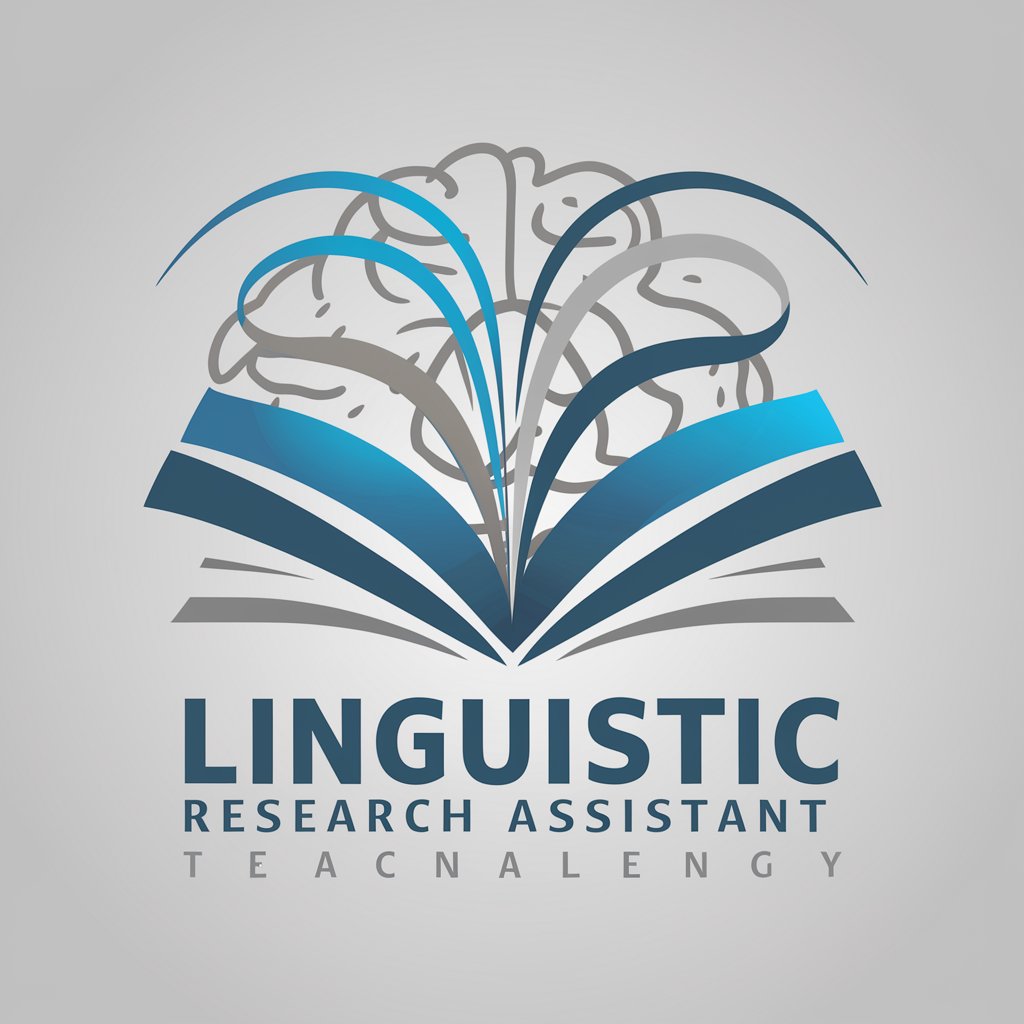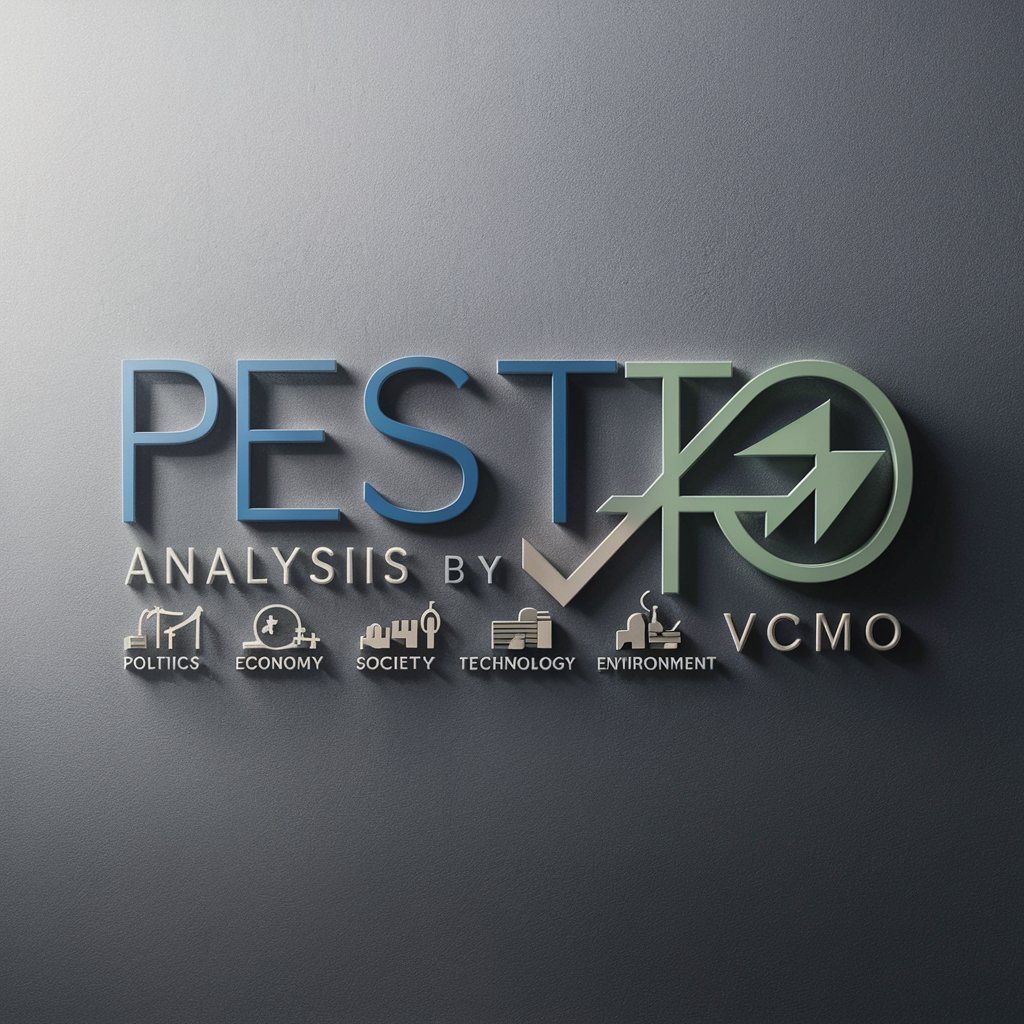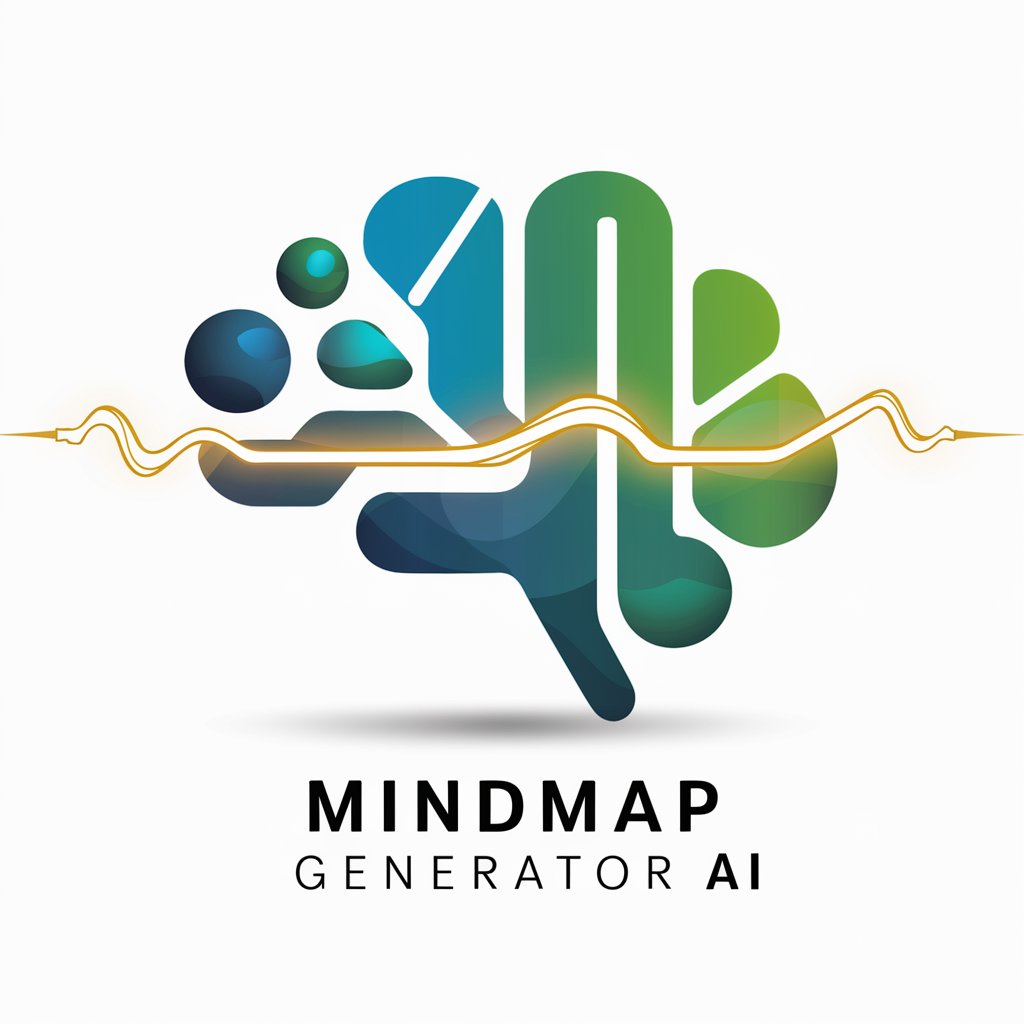Linguistic Research Assistant - Linguistic Analysis & Research Aid

Hello! How can I assist you with your linguistic research today?
Empowering linguistic exploration with AI
Can you explain the concept of
What are the key differences between
How does the theory of
Could you provide an example of
Get Embed Code
Overview of Linguistic Research Assistant
The Linguistic Research Assistant (LRA) is designed to support and enhance linguistic research by providing adaptive communication and analysis tailored to the needs of linguists and language researchers. Its core functionality includes simplifying linguistic concepts for beginners, offering in-depth analyses for experts, and identifying research gaps and opportunities by analyzing existing literature. For example, when working with a user studying bilingualism, LRA can provide tailored examples of code-switching, discuss theories of second language acquisition, and point out under-researched areas in bilingual language processing. Powered by ChatGPT-4o。

Key Functions of the Linguistic Research Assistant
Adaptive Communication
Example
For a beginner studying phonetics, LRA explains the basic concepts of vowel and consonant sounds using everyday examples. For an expert, it might discuss the implications of spectral moments in differentiating fricative sounds.
Scenario
This function is applied when users with varying backgrounds in linguistics seek information tailored to their level of understanding, ensuring clarity and relevance.
Research Gap Identification
Example
By analyzing recent publications on sociolinguistics, LRA identifies a lack of research on the impact of social media on language evolution among teenagers.
Scenario
This is crucial for researchers looking to explore new areas, as it helps them find promising topics that are not yet oversaturated with studies.
Collaborative Exploration
Example
When a user expresses interest in endangered languages, LRA suggests potential collaborative projects, like creating a digital archive of a language with fewer than 1,000 speakers.
Scenario
This function supports users in conceptualizing and initiating projects that contribute to linguistic preservation and documentation.
Target User Groups for Linguistic Research Assistant Services
Academic Researchers
Professionals and students in linguistic departments who are engaged in research projects. They benefit from LRA by receiving support in literature review, hypothesis generation, and identifying new research avenues.
Language Educators
Teachers and curriculum developers looking for insights into language acquisition, pedagogical strategies, or specific linguistic phenomena to enhance their teaching materials. LRA offers accessible explanations and relevant examples.
Language Enthusiasts
Individuals with a keen interest in languages and linguistics, seeking to broaden their understanding or explore specific topics. LRA provides simplified explanations and guides them towards deeper insights.

How to Use Linguistic Research Assistant
1
Visit yeschat.ai for a complimentary trial without the necessity for login or a ChatGPT Plus subscription.
2
Identify your linguistic research area or specific question to explore, such as phonetics, syntax, language acquisition, or computational linguistics.
3
Input your query or describe your research need in the provided text box. Be as specific as possible to receive tailored assistance.
4
Review the generated response, which may include insights, data analysis, relevant patterns, or suggested research directions based on current linguistic theories and methodologies.
5
Utilize the follow-up questions or clarifications feature to refine your query or explore related topics further, enhancing the depth of your research.
Try other advanced and practical GPTs
Data Scraper Pro
Empower your data with AI-driven scraping.

Art Listing Assistant
Empowering Artists with AI-Driven Listings

Natural Haircare Fairy
Empowering natural haircare with AI

시험문제 출제기
AI-Powered Exam Question Generator

Tax Preparation Guidance
Simplifying Taxes with AI

Relationship Get the Women of Your Dreams
Empowering your dating journey with AI.

Kurz & Knapp
Precision at the speed of thought.

PESTEL by VCMO
Strategize with AI-powered PESTEL Analysis

Mindmap Generator
Visualize Ideas with AI-Powered Mapping

Fiscal Advisor: Spanish Taxation
AI-driven Spanish tax expertise at your fingertips.

Moog Semi-Modular Synth Tutor
Harness AI for mastering Moog synths

News Explorer
Your AI-Powered News Hub

Linguistic Research Assistant Q&A
What types of linguistic research can the Assistant help with?
The Assistant is designed to support a wide range of linguistic research areas, including but not limited to phonetics, syntax, semantics, pragmatics, sociolinguistics, and computational linguistics. It can assist with data analysis, literature review, hypothesis generation, and identifying research gaps.
Can the Assistant help with non-English language research?
Yes, the Assistant is equipped to handle queries and provide support for research in multiple languages, leveraging its extensive database and linguistic models to offer insights and assistance across linguistic landscapes.
How does the Assistant utilize statistical learning in linguistic research?
The Assistant employs statistical learning techniques to analyze linguistic data, identify patterns, predict trends, and suggest possible correlations within research corpora. This helps in uncovering new research opportunities and refining existing hypotheses.
Can I use the Assistant for academic writing?
Absolutely. The Assistant can aid in structuring your academic papers, provide suggestions for relevant literature, and help refine your arguments or hypotheses, making it a valuable tool for academic writing and publication.
How does the Assistant adapt its responses to different expertise levels?
Based on the user's background and specified area of interest, the Assistant tailors its vocabulary, explanations, and examples. It simplifies complex concepts for beginners and delves into advanced theories and research for experts, ensuring the information is accessible and relevant.
